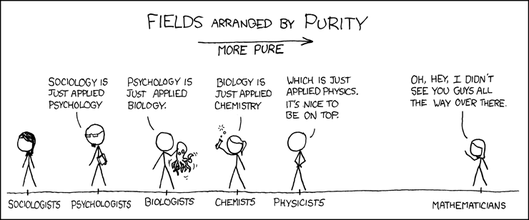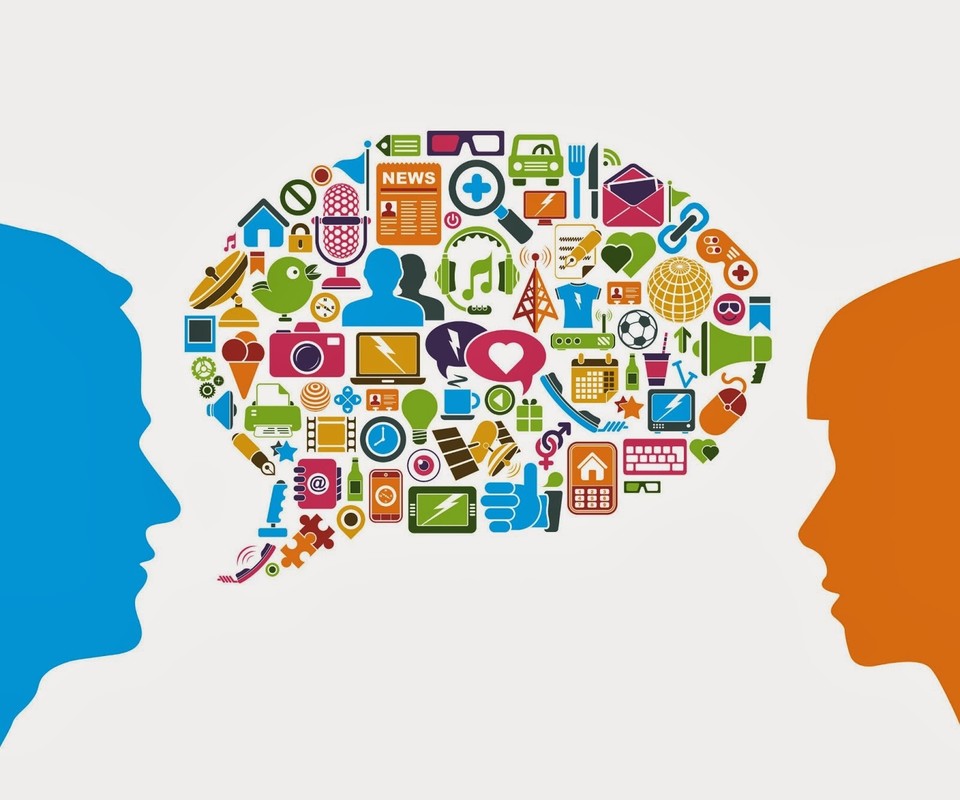|
Let's start off and imagine you are a chemist and you study hydrogen. You conduct experiments on hydrogen and make conclusions about what you observed when you added or changed things while testing hydrogen. You publish this information in science journals such as Nature or Science. Now everyone in the world can make the same assumptions about hydrogen. Now imagine in the same scenario that when you study hydrogen from different suppliers, each supplier provides you with slightly different measurements of hydrogen. Hmm, I suppose you could work with that, you can control from some differences or tell people which supplier you used in your experiments so they can use your findings if it's the same supplier or type of hydrogen they are using. Now let's take this one step further...not only is the hydrogen different from the different suppliers, but each time you examine the same hydrogen sample it gives you different results. What the heck is going on? How do you make sweeping generalizations to other samples of hydrogen? How can we even progress our knowledge in this field? How can we make the non-scientific community comfortable with our findings? What I am trying to demonstrate is what psychology and other social sciences are faced with. Think of the hydrogen as 'people'. Now, think of the suppliers as different countries, genders, organizations, whatever. We think we get a handle of information and then the rug gets pulled from under us because we find some other variable or attribute changes how "people" are country-to-country, or from male-to-female, etc. Unlike the chemist who can take the sample of hydrogen and make generalizations to hydrogen everywhere, social scientists can't necessarily do that. Therefore, social scientists use statistics to take a sub-sample of the population and try and generalize it to the whole. That is, we try to ensure we include people from as wide of variety of life that we can, within reason. When we talked about getting different results each time, this is another 'fun' caveat when studying people. I could give you the same personality test two days apart and I wouldn't get the same answers. I would probably get 95% of the same responses, but would almost never be 100% the same. We then have to create rigorous testing parameters to make sure any test or assessment is valid and reliable. However, with everyone from Facebook to Buzzfeed creating a 'quiz' on "what is your type" we start to blur the lines of who is knowledgeable in creating an assessment. Therefore, sometimes us social scientists feel we have the odds stacked against us. It doesn't help that other scientists such as physicians and chemists call us "soft". Additionally, once the media gets a hold of our studies, information gets watered down or one one day you hear "this is good for you" then the next "this is bad for you", or "absence makes the heart grow fonder" versus "out of sight, out of mind". Then, you lose trust in us. I'm writing about this to reassure you and help provide you with tools to how to trust social scientists again. For us social scientists, we are responsible to ensure rigourous testing conditions and informing you on who we studied and what our limitations are. For example, the limitations section may discuss how generalizable our findings are. We talk about whether we only studied university students or only one particular organization and how that may impact the results. These are vital pieces that can get omitted by media reports. Now the study that should have only been applied to young adults gets applied to everyone and it isn't true. Not only is the media responsible to find that information, but you are too. Dig deeper before you Retweet or Like that headline. Remember that, contrary to the Westworld 2 season finale, us humans aren't as simple as a book's worth of code. Science needs people to be critical thinkers on both the giving and receiving ends of the information.
0 Comments
Leave a Reply. |
Archives
November 2020
Categories
All
|


 RSS Feed
RSS Feed
